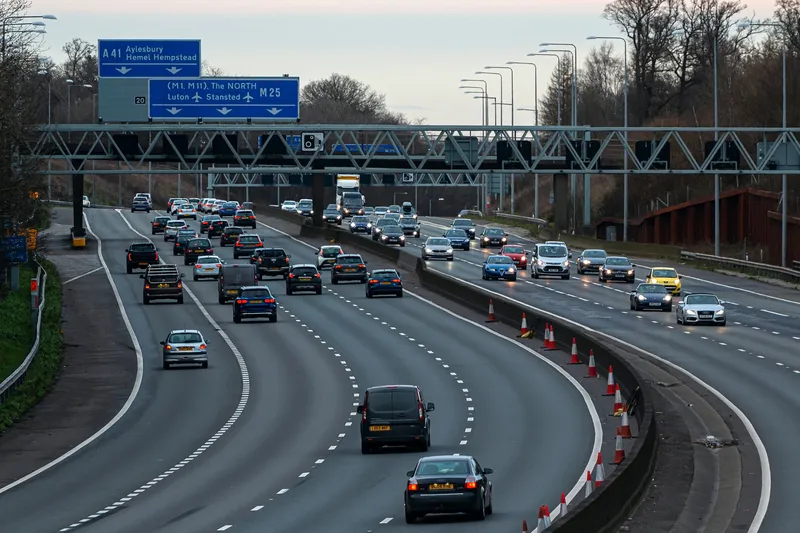The Institution of Mechanical Engineers is calling for the UK Government to urgently introduce a national multi-modal freight strategy in a move to ease traffic congestion, improve air quality and boost the economy.
According to its report ‘UK freight: in for the long haul’ up to 30 per cent of all haulage vehicles on UK roads are empty and about 150 million miles are driven unnecessarily by lorry drivers. It claims a national strategy could outline plans to make better use of urban consolidation centres
June 22, 2016
Read time: 2 mins
The 5025 Institution of Mechanical Engineers is calling for the UK Government to urgently introduce a national multi-modal freight strategy in a move to ease traffic congestion, improve air quality and boost the economy.
According to its report ‘UK freight: in for the long haul’ up to 30 per cent of all haulage vehicles on UK roads are empty and about 150 million miles are driven unnecessarily by lorry drivers. It claims a national strategy could outline plans to make better use of urban consolidation centres, where joint local deliveries can be organised.
The problem is not confined to UK roads; the European Environment Agency estimates that 40 per cent of lorries in the Netherlands and 25 per cent in Germany are driving unladen. In the US, the NPTC National Private Truck Council claims that 28 per cent of trucks travel without loads.
According to Philippa Oldham, head of Transport at the Institution of Mechanical Engineers and lead author of the UK report, the Government has taken a welcome step in creating the National Infrastructure Commission, but must now urgently look to create a national multi-modal freight strategy to incentivise optimum use of that infrastructure and better co-ordinate the transportation of goods around the UK.
She said, “Estimates suggest that congestion costs the UK economy US$19 billion (£13 billion per year, with poor air quality being responsible for about 29,000 premature deaths each year. A national strategy which looks at the entire range of transport methods used to deliver freight would have the potential to ease congestion, improve air quality and boost the economy ― as well as making travelling and commuting more agreeable for the public as a whole.”
According to its report ‘UK freight: in for the long haul’ up to 30 per cent of all haulage vehicles on UK roads are empty and about 150 million miles are driven unnecessarily by lorry drivers. It claims a national strategy could outline plans to make better use of urban consolidation centres, where joint local deliveries can be organised.
The problem is not confined to UK roads; the European Environment Agency estimates that 40 per cent of lorries in the Netherlands and 25 per cent in Germany are driving unladen. In the US, the NPTC National Private Truck Council claims that 28 per cent of trucks travel without loads.
According to Philippa Oldham, head of Transport at the Institution of Mechanical Engineers and lead author of the UK report, the Government has taken a welcome step in creating the National Infrastructure Commission, but must now urgently look to create a national multi-modal freight strategy to incentivise optimum use of that infrastructure and better co-ordinate the transportation of goods around the UK.
She said, “Estimates suggest that congestion costs the UK economy US$19 billion (£13 billion per year, with poor air quality being responsible for about 29,000 premature deaths each year. A national strategy which looks at the entire range of transport methods used to deliver freight would have the potential to ease congestion, improve air quality and boost the economy ― as well as making travelling and commuting more agreeable for the public as a whole.”








